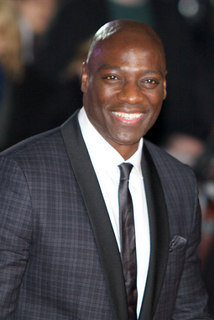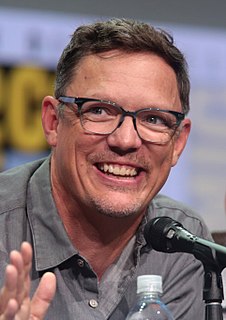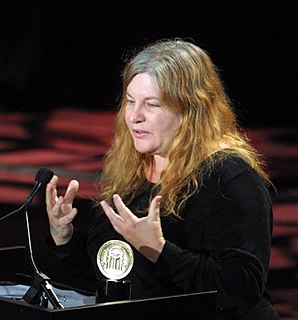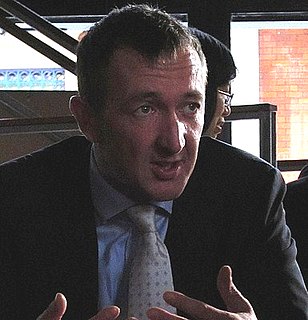A Quote by Clint Eastwood
I liked Vittorio De Sica a lot, and I got to work with him once in a segment movie. He was a great director. He was a very charismatic character and a guy I watched a lot when he was directing.
Related Quotes
I got to work with Robert DeNiro once and it was a strange experience. Gwyneth Paltrow and I were doing Great Expectations movie together and we were complaining about what a mediocre film experience it was. DeNiro showed up on set and all of a sudden the director got better, the director of photography got better - everybody got more interested and excited. DeNiro isn't waiting for other people to create the environment that he wants, he brings it along with him.
I remember in the Carpenter version, you got acquainted with the characters and really knew them. It was a real character piece. Each actor was serviced in the movie, and we tried to do that in this movie as well. I like the fact that there was a European, first-time director. I'd known of him because I'm from Europe. I knew him as a commercial director and thought one of his commercials was great. I thought it was an interesting take on such a big-budget cult classic.
I did a good bit of episodic television directing, but directing a movie is so much more complicated. And there's so much more responsibility because the medium is very much a director's medium. Television is much more of a producer's writer's medium so a lot of the time when you're directing a television show they have a color palette on set or a visual style and dynamic that's already been predetermined and you just kind of have to follow the rules.
I created my own concept art and went in and did a 90-minute presentation that cost me a lot of money.And, the great thing is though, when I got the job, they had to buy all of it from me, because one of the set pieces in the middle of the movie was the scene I wrote, and they needed to own everything because a lot of it ended up being the movie we made, so I got all my money back. I was committed. I was going to outspend every competing director.
I think when I got drawn to film, I didn't know it was a business. I mean, like most filmmakers, I probably saw more films than a lot of people when I was a kid. But I watched them on TV as well. I was no purist about it. I spent lots of time in movie theaters, but I also watched a lot of films on TV.
I got my story, my dream, from America. The hero I had is Forrest Gump... I like that guy. I've been watching that movie about 10 times. Every time I get frustrated, I watch the movie. I watched the movie before I came here again to New York. I watched the movie again telling me that no matter whatever changed, you are you.
Mo-cap work is less technical than you'd expect. Once you have it all set up you're free to do the whole scene in one take rather than doing a lot of different shots and different takes like you do in a movie. You've got that one go at it and you've got a lot of freedom. You can really express yourself - more like doing theatre than doing a movie.



































